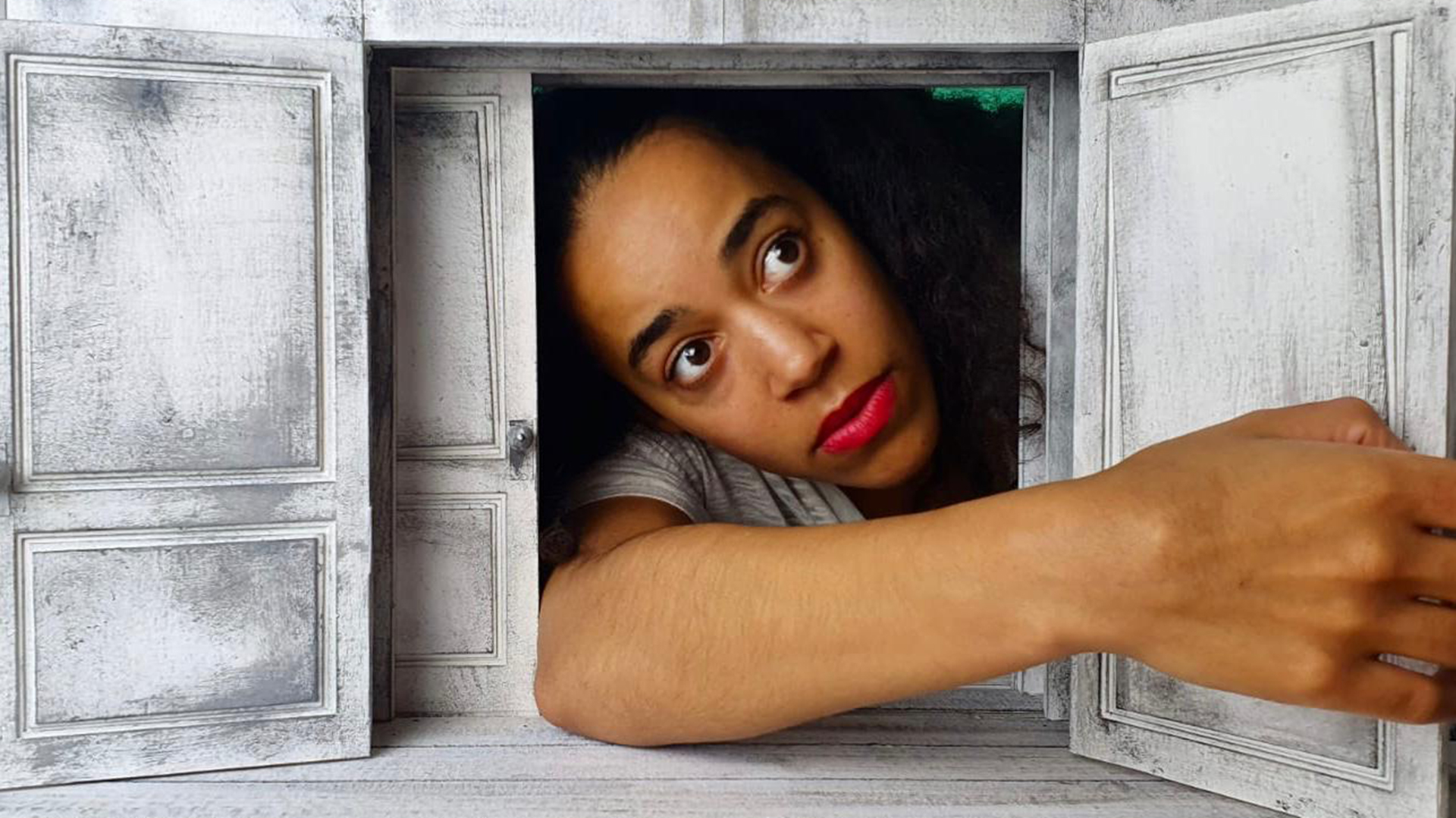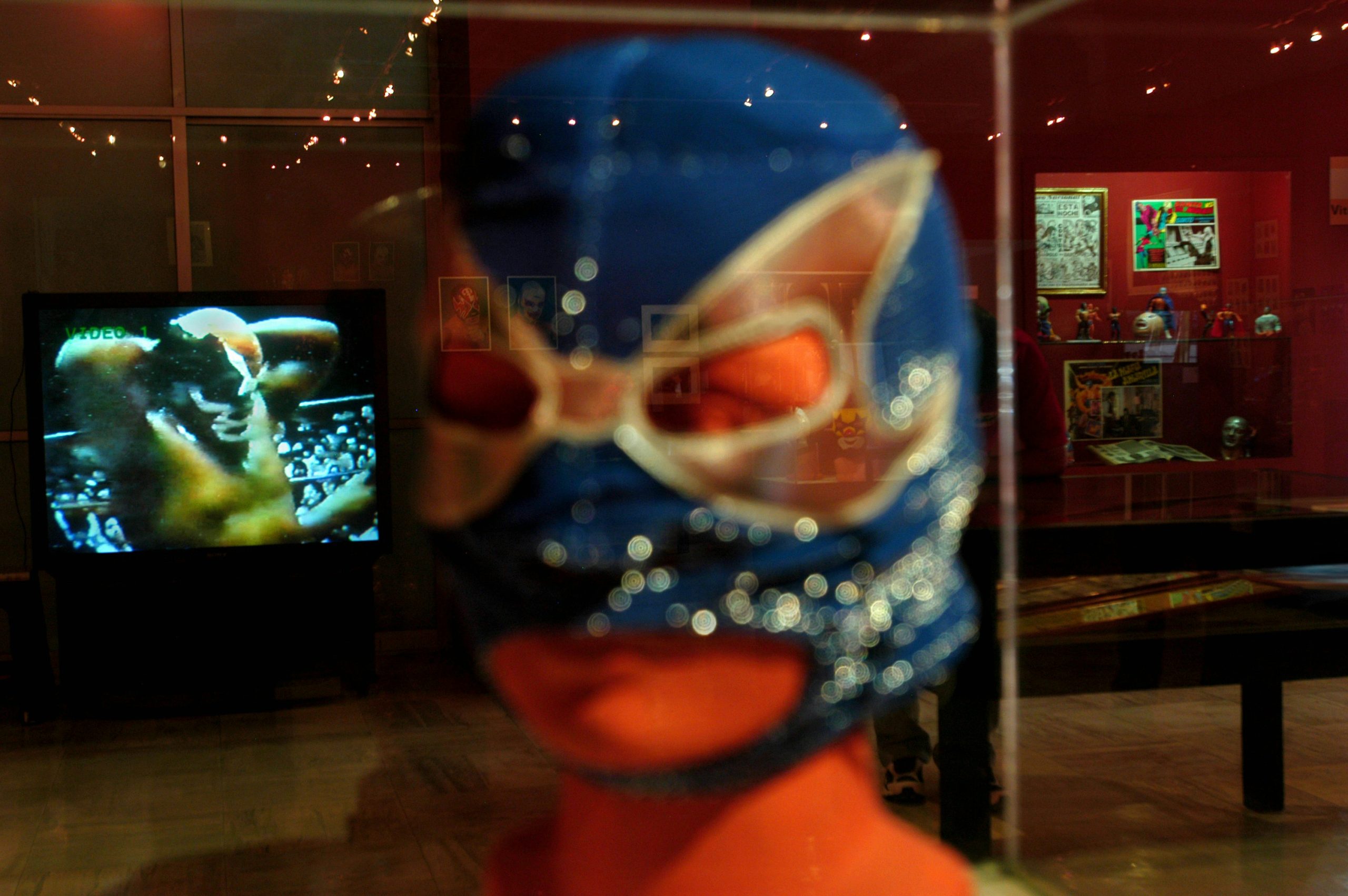- With physical distancing pushing the arts sector in a huge financial hole, the only solution is innovation
- Here we report on how 2 theatre companies collaborated with an AI firm to produce an interactive play
- Digital theatre could well be the arts sector’s saviour, as it increases access, reach, and the potential for revenue
The question that so many (interactive) theatre producers are asking right now: how can we produce an interactive yet socially distanced play that generates enough revenue to be sustainable?
Two theatre companies and an AI firm in the UK have come up with an interesting answer to that question, an answer that will increase revenues and reach for theatres in the challenging year(s) to come.
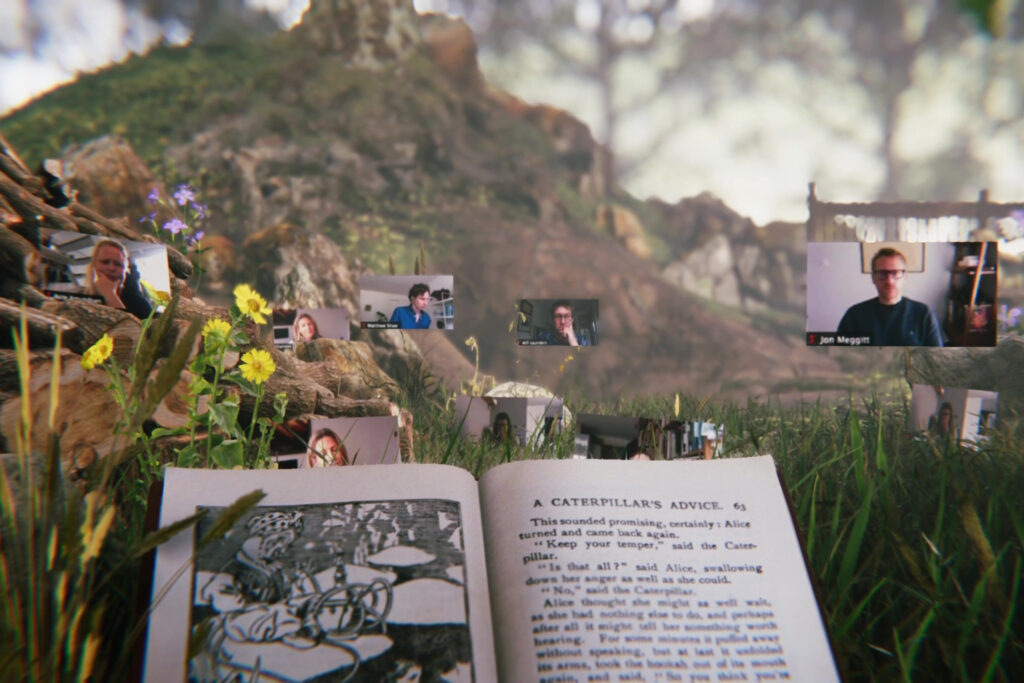
The theatre companies were Big Telly Theatre in Northern Ireland and Creation Theatre in Oxford, England. They worked with artificial intelligence story firm Charisma.ai, based in Oxford and Los Angeles.
Together they produced Alice | A Virtual Theme Park an interactive show made up of multiple story lines – which they called ‘rides’ – delivered to audience members via Zoom.
Down The Zoom Rabbithole
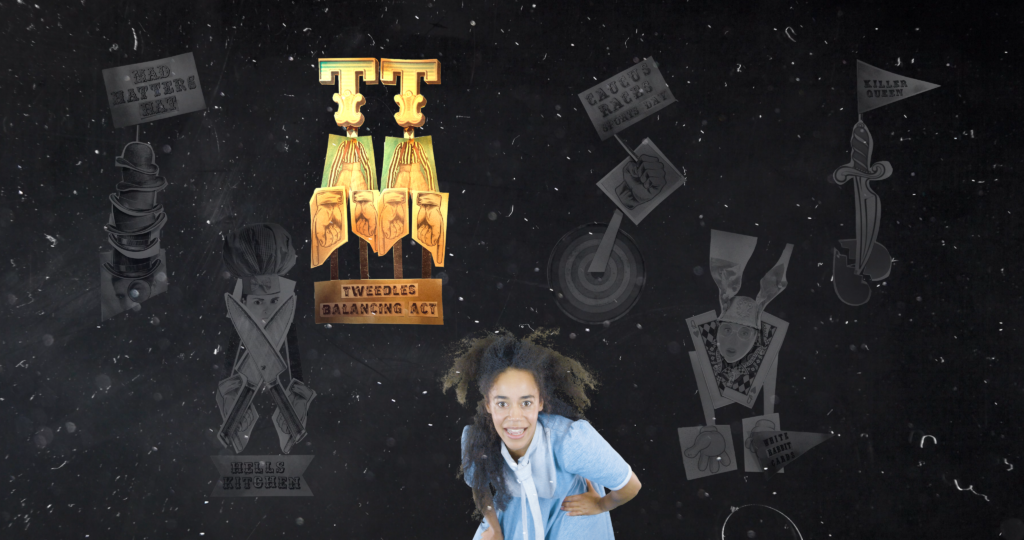
Once viewers were admitted to the call, the welcome page featured an image of the world above the rabbit hole and thumbnails of the break-out rooms.
Inside the break-out rooms were actors playing characters from Alice In Wonderland, such as the Queen of Hearts, The Mad Hatter, and Tweedledum and Tweedledee (both played by one man and a carefully-placed mirror).
Audience members could select break-outs rooms in any order they chose. When they entered, the actors delivered monologues and interacted with them, supported by AI-generated elements such as a lip-synced Cheshire Cat, an ornate theatre stage embedded into the Mad Hatter’s hat, and lush backgrounds.

Why Theatre’s Digital Pivot Is Here To Stay
We believe the pivot to digital theatre will become a permanent feature of the theatre industry, because digital theatre:
- Improves access
- Has a lower environmental impact
- Increases the potential for reach, awareness and revenue exponentially
Access For All At Last
The move online for all live events, whether interactive plays, university lectures or literary festivals, is positive news for people with access needs – who might not have been able to attend events like this usually.
More Fun, Less Pollution
Of course, people not travelling to venues also dramatically reduces the environmental impact of putting on productions. Producer Lucy Askew claims a 99% reduction in the carbon emissions for Alice compared to a traditional show.
This hints at great opportunities for sector-wide sustainability initiatives. As Askew says:
‘If every theatre took one month a year and only produced digital work, the impact on the climate would be enormous.’
Local Production, Meet Global Reach
Just as digital has enabled tiny shops to reach a wider audience, so if theatres produce digital content so they too can reach.
That could have a very positive effect on the industry. First, it has the potential to increase ticket sales. Second, it has the potential to increase the attention that small venues, especially regional and grassroots venues, receive from organizations that support the arts, such as Arts Council in England, the Arts Foundation in Denmark, or the National Endowment for the Arts in the US.
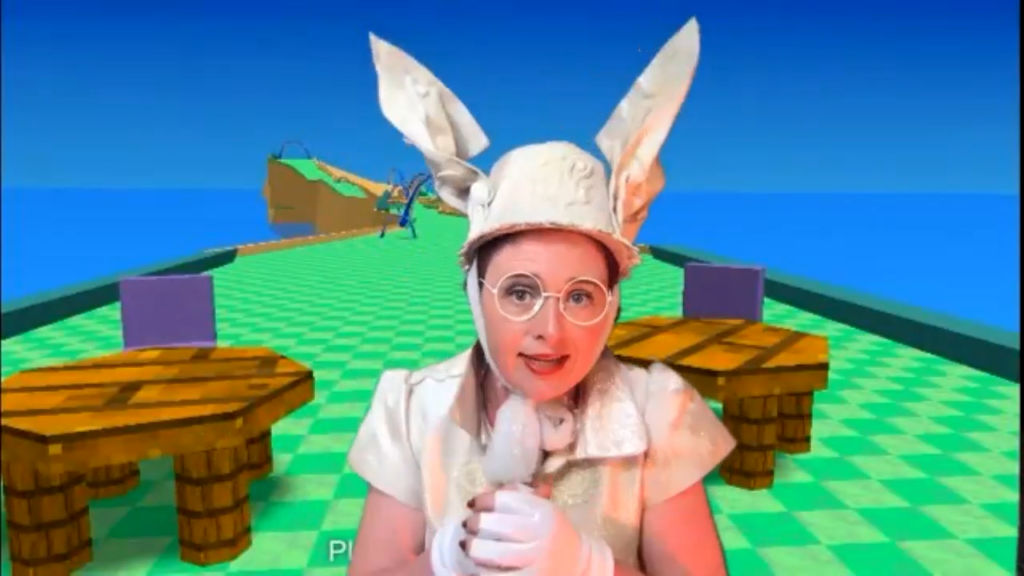
But There’s An Employee Experience Challenge…
As the show was made remotely, rehearsals were streamlined into shorter sessions, with none of the in-person catch-ups before or after, and no opportunity to go to the pub together at the end of the day.
Without the subtleties of body language and the difficulties of making eye contact through a screen, it can be hard to build the connections required of all relationships, never mind ones as emotionally intense as the ones required of a group of actors.
To work around this, and ensure the employee experience was OK, director Zoe Seaton, founder of Big Telly Theatre, says:
“You check in with people more, message them after – it’s important to trust your instinct on that, to be reassuring outside the room”.
Interesting Pricing Model: Pay Per Device
A final, interesting note on Alice | A Virtual Theme Park: instead of charging per person, tickets were £20 per device – a useful way to encourage people to play together.
Want more?
Click here to download the Alice | A Virtual Theme Park Report, which Creation Theatre put together to document their findings.

